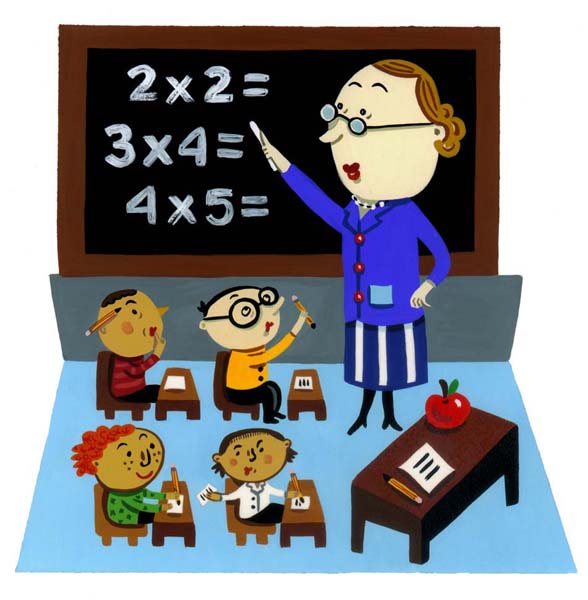 Two of Europe’s major gambling associations are to continue a pilot scheme that will see elite sports people educated in sports betting. Educating Europe’s elite sports men and women can be problematic. Whichever sport it may be, the inflated salaries on offer has seen less focus on the classroom and more on ability in the given sport. It has meant Europe’s most popular sport, soccer, is populated by a large percentage of players who are quite obviously not educated to a high standard.
Two of Europe’s major gambling associations are to continue a pilot scheme that will see elite sports people educated in sports betting. Educating Europe’s elite sports men and women can be problematic. Whichever sport it may be, the inflated salaries on offer has seen less focus on the classroom and more on ability in the given sport. It has meant Europe’s most popular sport, soccer, is populated by a large percentage of players who are quite obviously not educated to a high standard.
This extends to all facets of life and has moved the European Gaming and Betting Association (EGBA), in conjunction with the European Sports Security Association (ESSA), and the Remote Gambling Association (RGA) to extend pilot schemes that began last year.
EU Athletes run the EGBA and ESSA player education plan that will see 3,000 athletes educated across three different countries.
Sigrid Ligné, EGBA Secretary General, said, “Keeping sports clean is of the highest priority for European licensed betting operators. Sportsmen play a vital role in keeping sport clean, as they are the first line of defence in integrity. That’s why we support this partnership with EU Athletes, because as player’s representatives they are best placed to educate their fellow sportsmen.”
Meanwhile the Professional Players Federation (PPF) manages the RGA’s education programme that will reach out to a further 5,500 athletes in the coming year.
Clive Hawkswood, Chief Executive of the RGA, added, “European sport is essentially clean and we want it to remain so. Along with the sophisticated internal integrity mechanisms employed by licensed betting operators, we are committed to working with organizations like the PPF to detect and deter any corruption. The player betting education programme run by the PPF is an important part of that process.”
The first year of the plans was a challenging one with both learning some valuable realities. Chief of these is getting the information across on the ground and that a number of sports federations have no rules on sports betting or fail to communicate them properly if they exist.
It’s progress that the two plans are now under one code. More needs to be done to develop it on a Europe-wide basis though. Currently Spain, France, Germany, England, Scotland, and Wales are the only countries that’ll benefit. They also need to take into account the disposable income that exists, in soccer especially, and the fact that many players simply have too much free time on their hands.
Undoubtedly, many players gamble to make them feel good and a feeling of taking a risk. Look back at the musings of Dr Patrick Basham and you will see his comments can apply here.
He said, “A taste for risk is essential for human development. Entrepreneurship and risk-taking have always been essential parts of a progressive society and a progressing society.”
Obviously, we’re not suggesting sports people all become compulsive gamblers. As long as it’s not on the outcome of a game they’re playing in then every so often it’s hard to see it doing a massive amount of harm.
